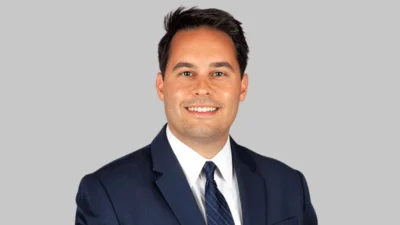The Illinois General Assembly recently convened in an effort to make progress toward resolving a budget impasse that's been raging since July.
The session generated some early progress, but ended on bitter notes.
With bipartisan agreements verbally approved in advance on the Child Care Assistance Program, unemployment insurance and senior care, the stage was set for progress.
Gov. Bruce Rauner and a bipartisan group of legislators announced an agreement that would significantly expand eligibility for the state’s child-care program, which had been in limbo pending progress on the state budget. With the agreement, the eligibility threshold was raised from 50 percent of the federal poverty level to 162 percent – or about $32,500 for a family of three.
In addition, Rauner and legislators from both sides of the aisle, business groups and labor organizations announced an agreement to reform and improve Illinois’ unemployment-insurance system. The agreement introduces new standards for eligibility, including denial of benefits to those who consume alcohol or drugs during work hours, those who cause damage through gross negligence and those who falsify information on applications, among other new standards.
Regarding the needs of senior citizens, Rauner also announced the withdrawal of emergency changes to the state’s Determination of Need score, which determines which senior citizens are eligible for specific state-provided assistance.
Senate Republicans were pleased with the moves and said the agreements showed what can be accomplished when lawmakers work together. However, the spirit of bipartisanship was threatened as House Democrats attempted to sidestep the bipartisan agreements by vetoing legislation for managing the compromises on the Child Care Assistance Program and senior-needs assessment. Both attempts failed – each by a single vote – to receive the support necessary for a supermajority.
House Democrats also used another political maneuver regarding House Bill 4305, which would have secured funds for paying lottery winners and also allow for the release of motor fuel tax funding to local municipalities and 911 centers. Even though the bill passed by an overwhelming vote in the House, the Democrats’ action means it cannot move on to the Senate without the House’s consent. Republicans have called this move “bad-faith” and were extremely frustrated because bipartisan agreements had been reached.






 Alerts Sign-up
Alerts Sign-up